But what did Augustine believe? How did he form his thinking?
He believed both in the predestination of man and in free will.
One of the things that Augustine believed was that God was not the parent of evil. He formulated this train of thought.
People are rational beings.
As rational people, we must have free will.
Having free will means that we are able to CHOOSE between doing good and evil.
Therefore we act either in Goodness or Evilness.
God is not parent of evil.
Evil was defined less as an object or a thing, but more of a lack of something. For instance, the evil of a blind man is that he cannot see, the evil of a thief is that he lacks honesty. People queried though... why is there evil??? God made us a rational people. AS rational people we are able to make choices about how we live. This is our freedom of will. How will we choose to act... out of goodness, or out of evilness? God isn't making the choice for us... we make that choice.
Augustine was able to explain his thinking without using the bible, which puts him in the ranks of a philosopher as well as that of a Christian theologian.
Another way of explaining his thinking is for us to picture how beauty can be added to by the presence of darkness...how discordant harmony can make a musical piece more beautiful, or how dark patches can bring out the beauty in a picture.
My thoughts
Sources:
Philosophy book
Wiki
New advent.
Encyclopedia Britannica.
Anglican.
IEP.
European Graduate School.
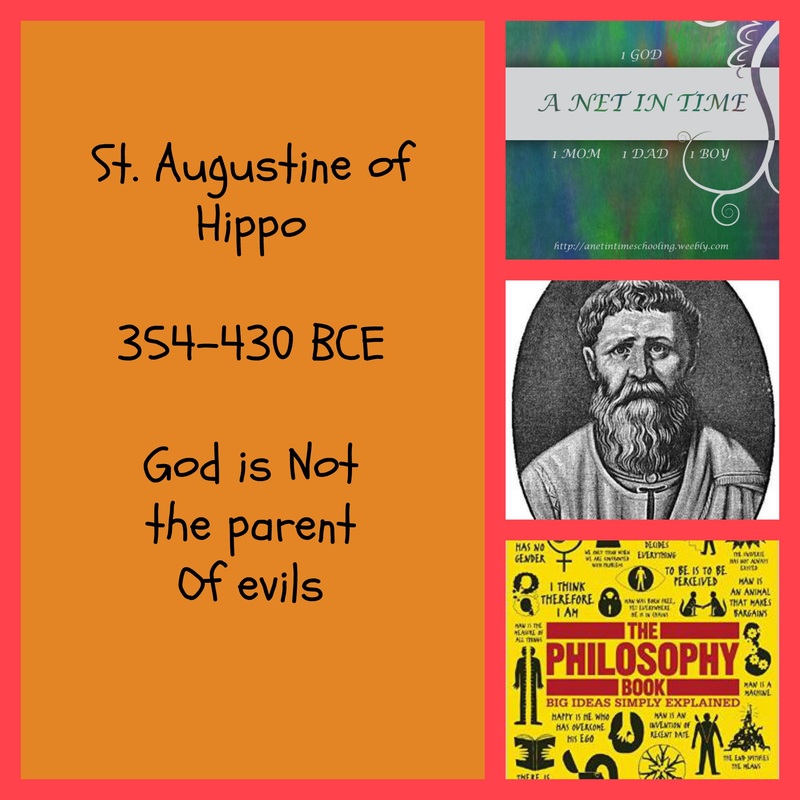
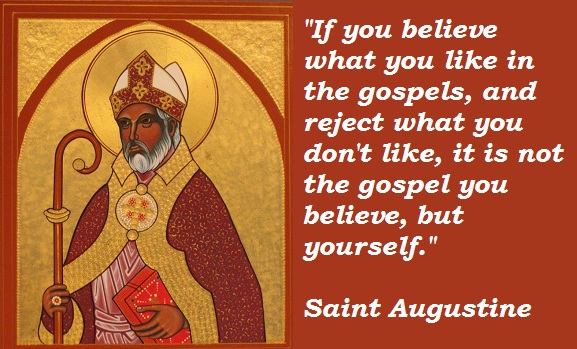
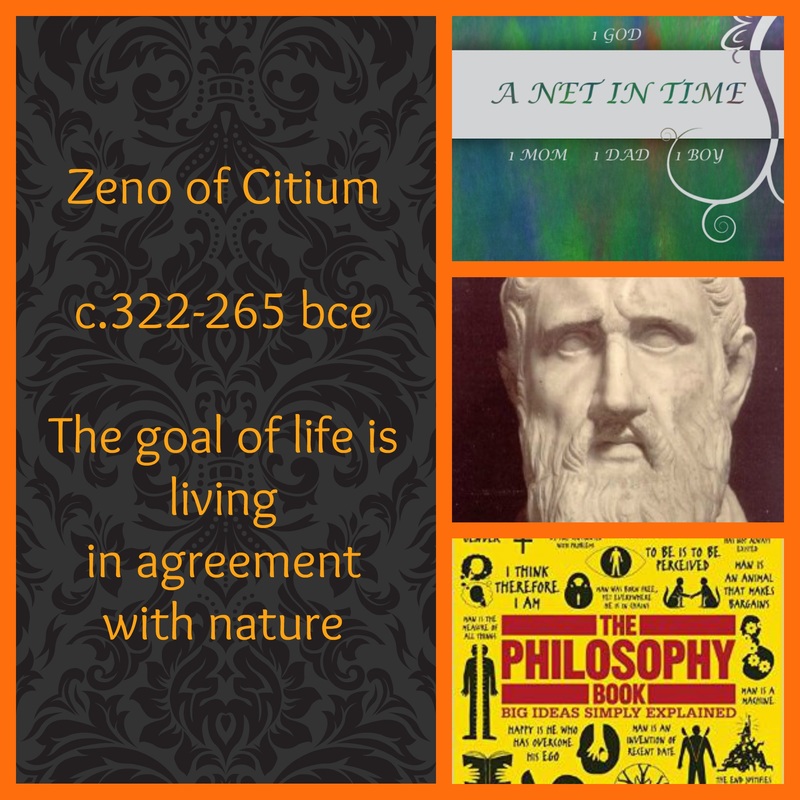
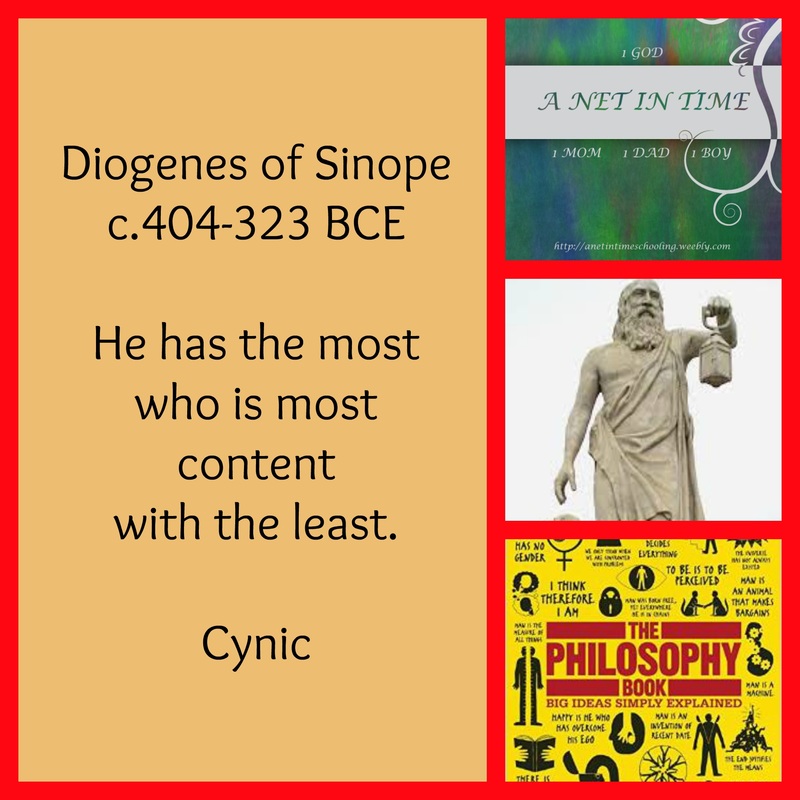
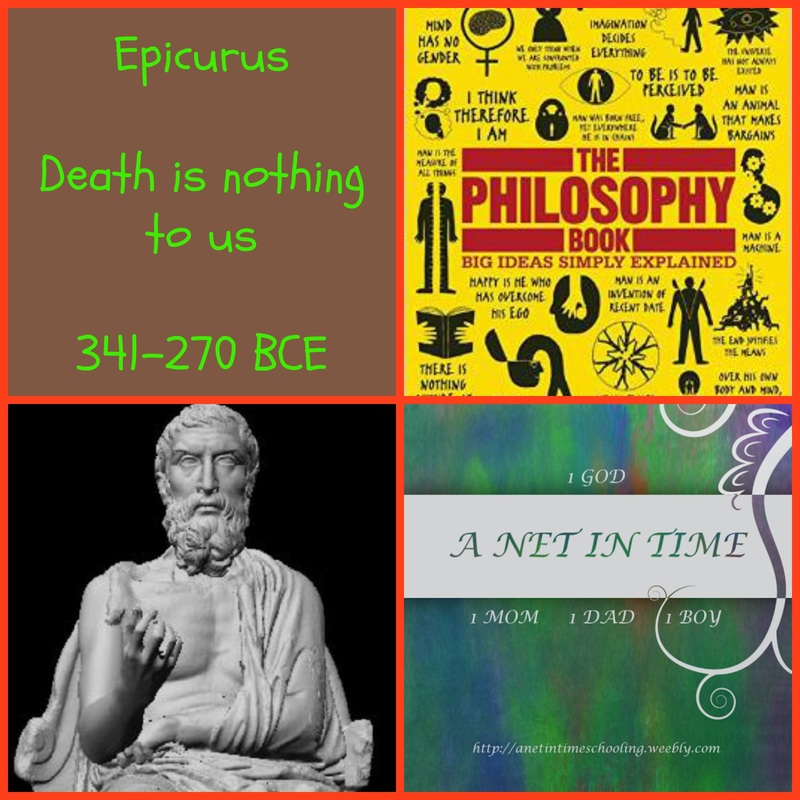
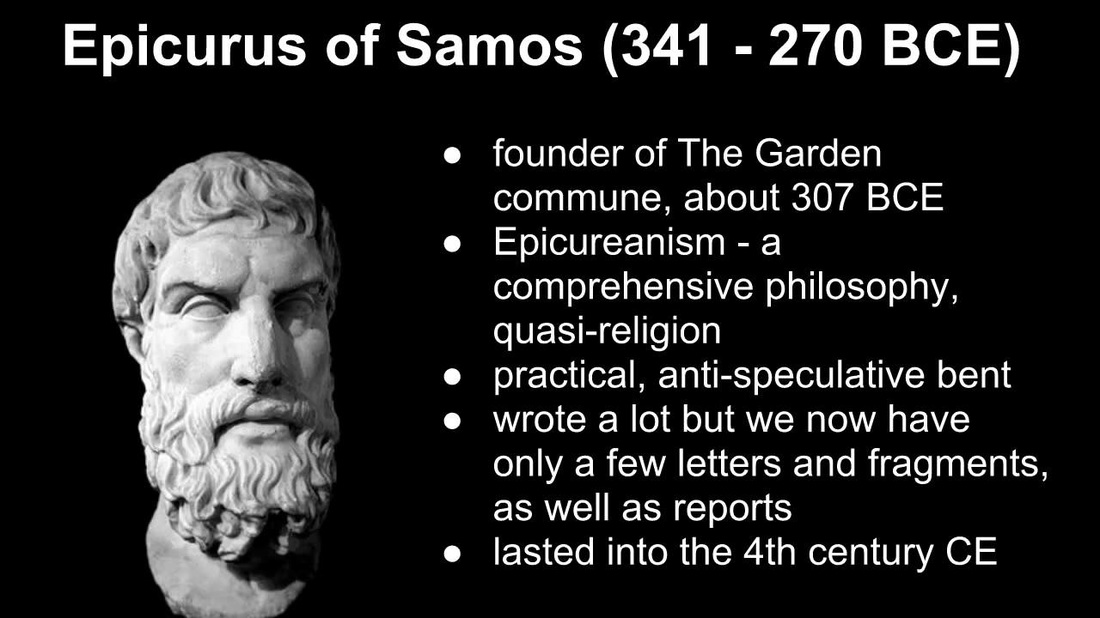
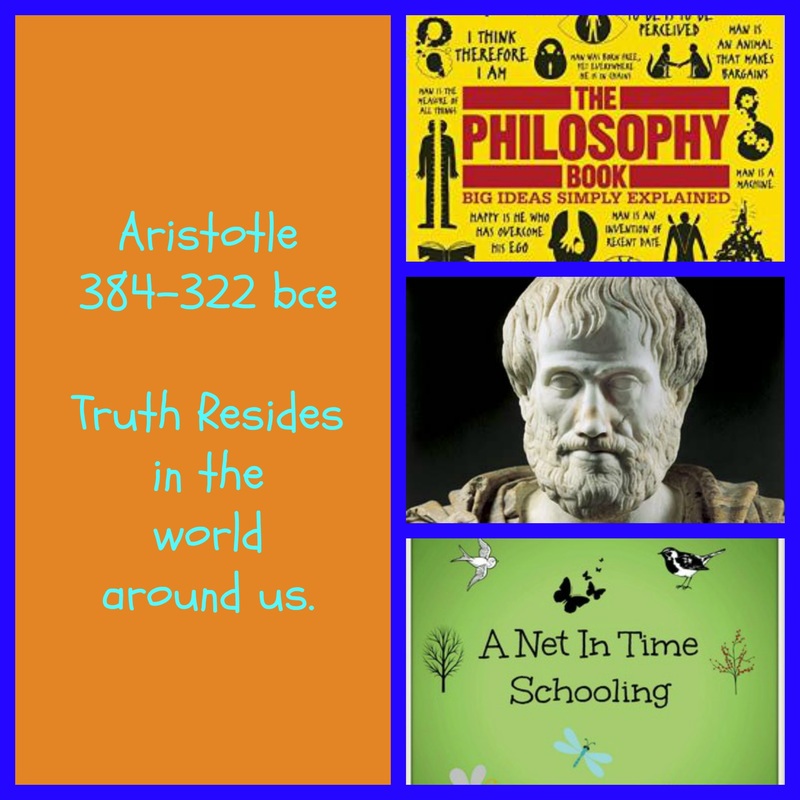
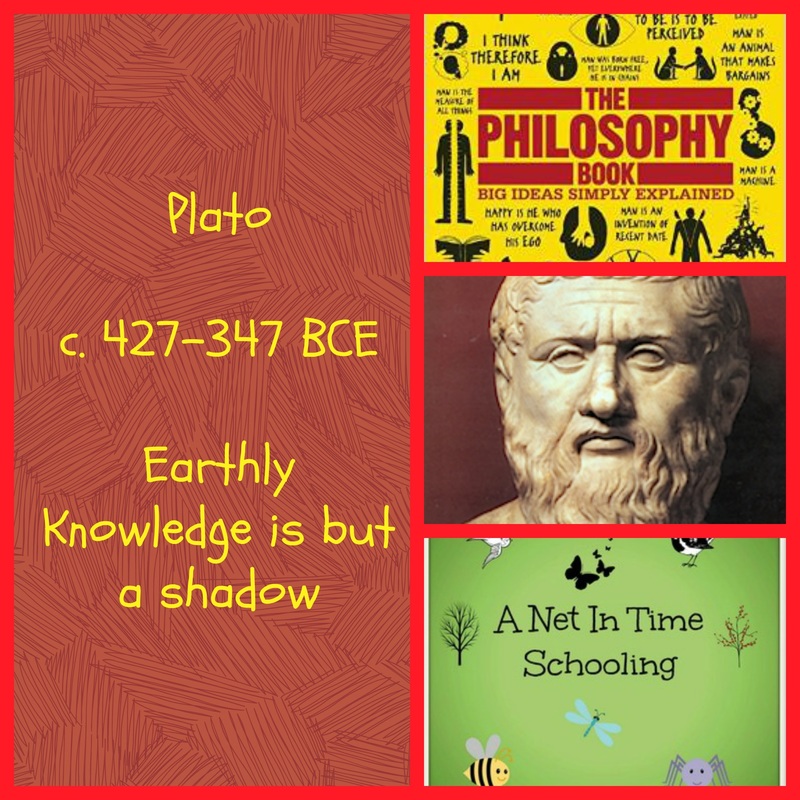
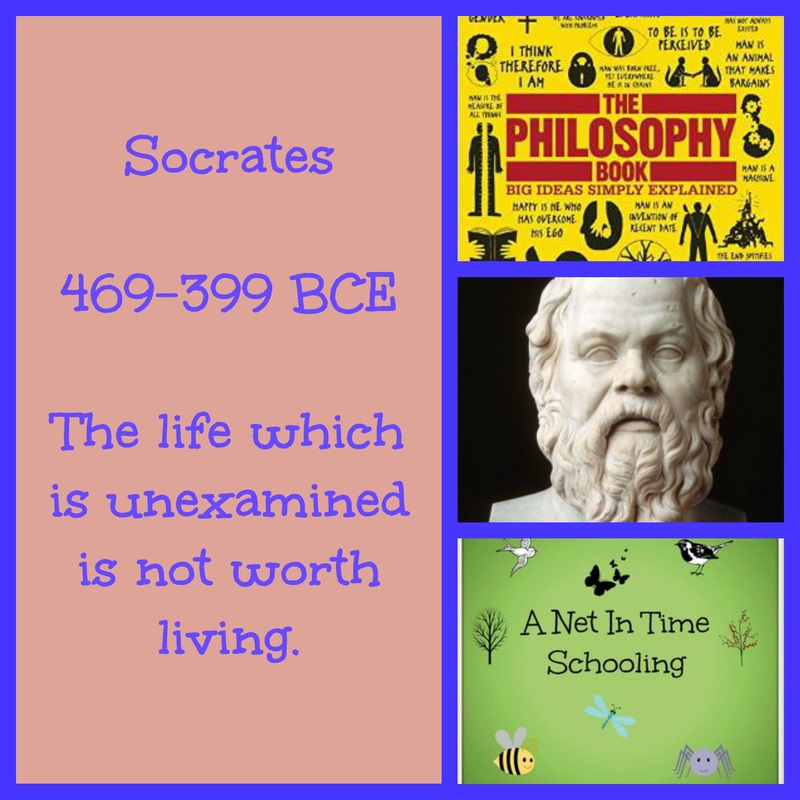
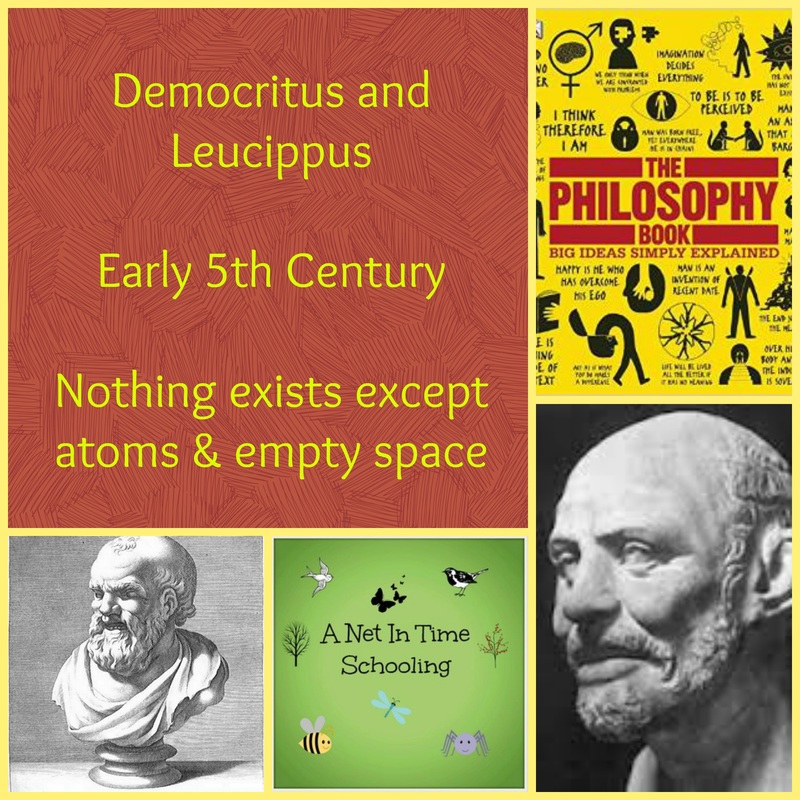
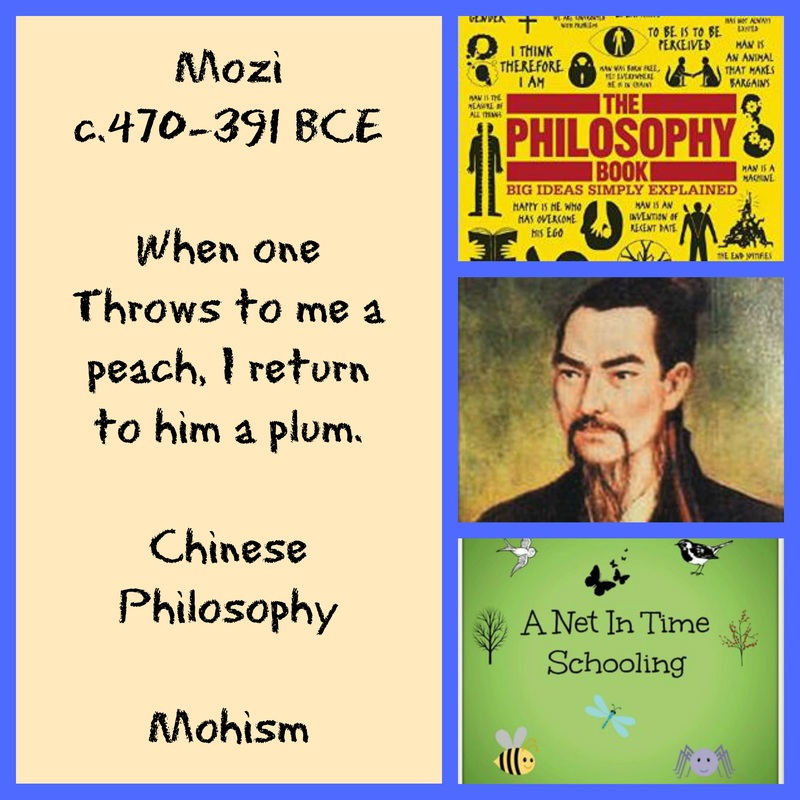
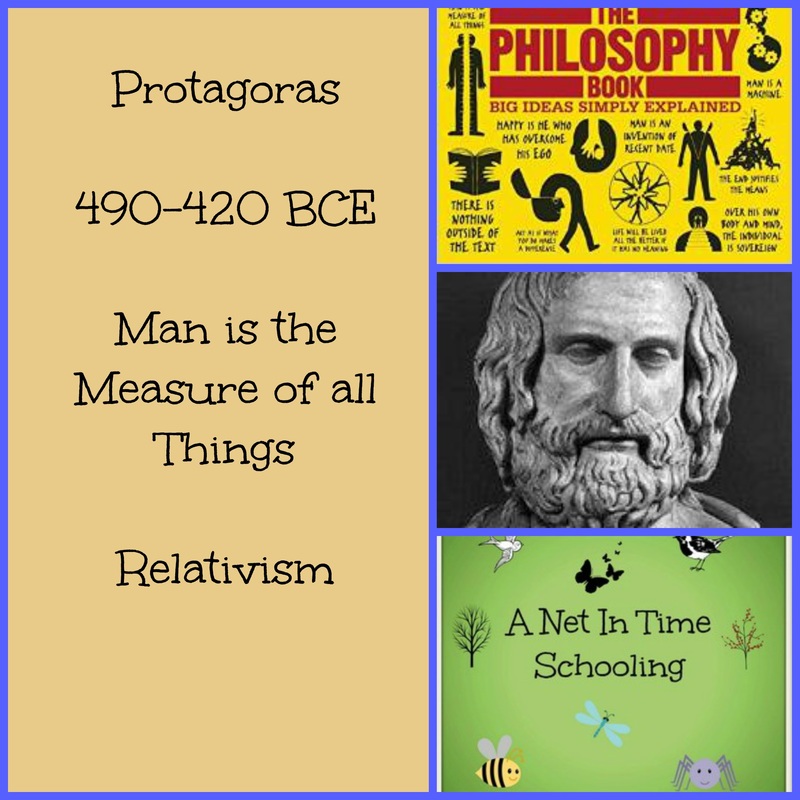








 RSS Feed
RSS Feed



